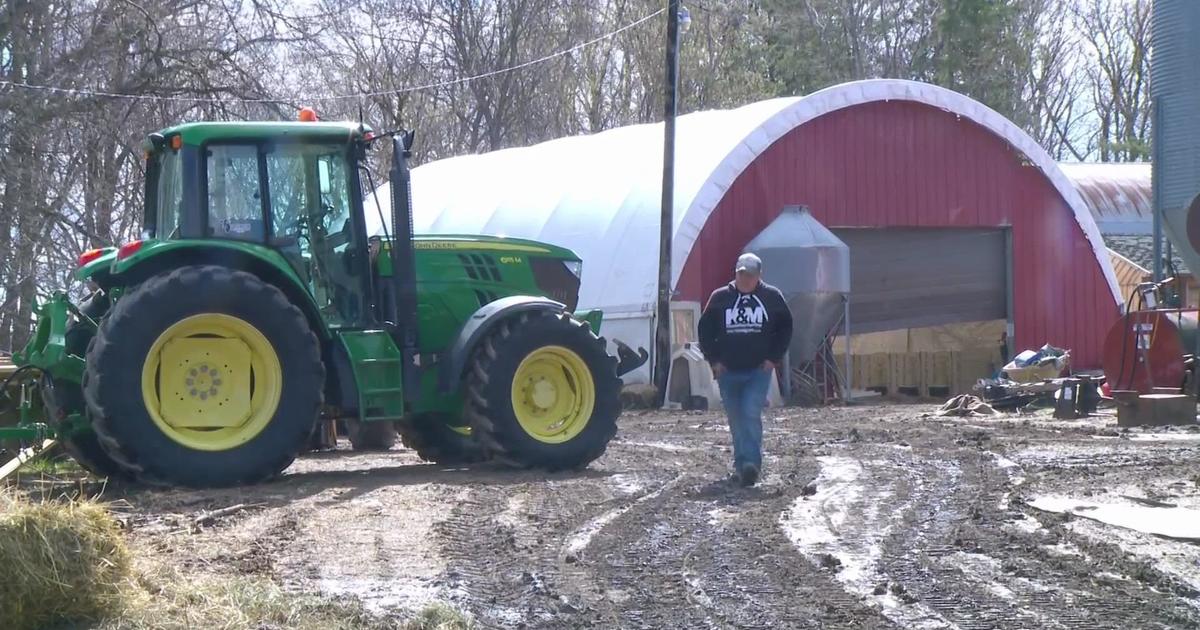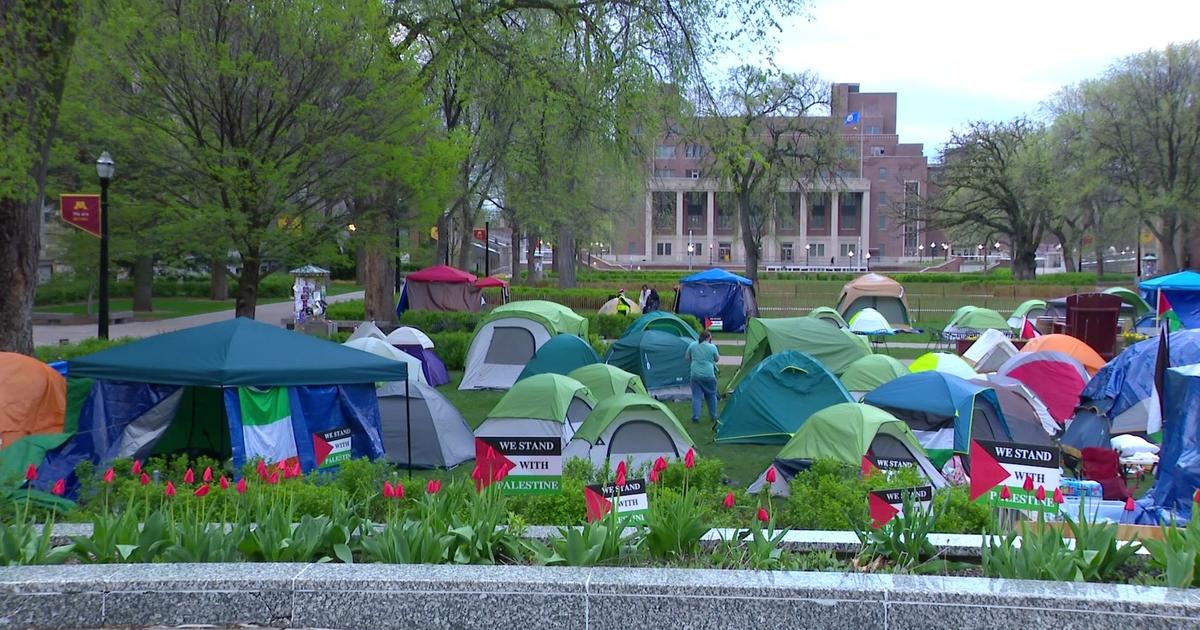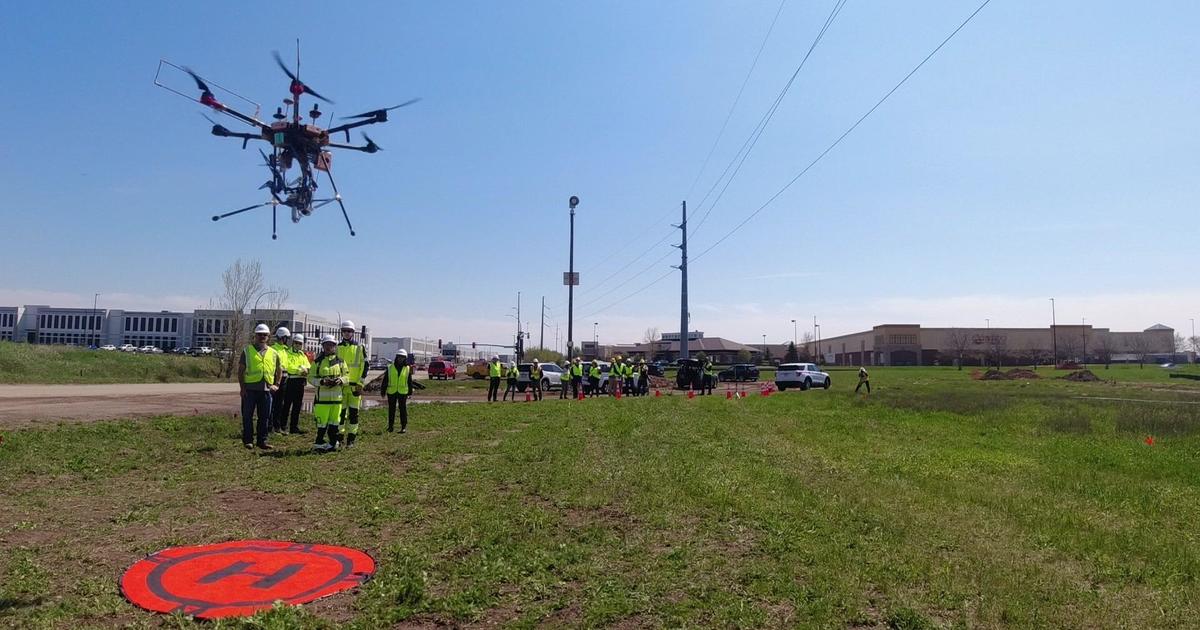U of M study looks to see if deer are carriers for COVID, and are passing it back to humans
MAPLE GROVE, Minn. — One of the coldest mornings of the year so far didn't stop researchers with the University of Minnesota from performing an involved deer study. They met up at Elm Creek Park Reserve to capture and study deer using a helicopter.
They began at about 8 a.m. The process essentially involves firing a net at deer from a helicopter and then bringing the deer back to researchers for a variety of tests.
Once the deer are blindfolded and restrained, they are taken back to research headquarters, where nasal swabs and blood tests are taken for various diseases.
Part of this U of M study is to find out where deer go, track their movements, and see how they interact with each other. A collar is then put on the captured deer before they are released back into Elm Creek Park Reserve.
Researchers hope to recapture them in about two years to follow up on their health and to see whether or not they are carriers for certain illnesses like Lyme Disease or COVID.
"The deer are likely getting SARS COV-2 from humans. They carry the same strains that humans do," U of M Associate Professor Meggan Craft said. "We might be worried about the recombination in the deer that might spill back into humans, because deer seem to pass SARS COV-2 well amongst themselves."
They were hoping to deploy collars to seven male bucks and seven female does Friday morning, but the helicopter had to stop flying briefly due to thin ice, as researchers and deer were falling through into shallow water.
They hope to possibly pick this research back up tomorrow and through the weekend.




